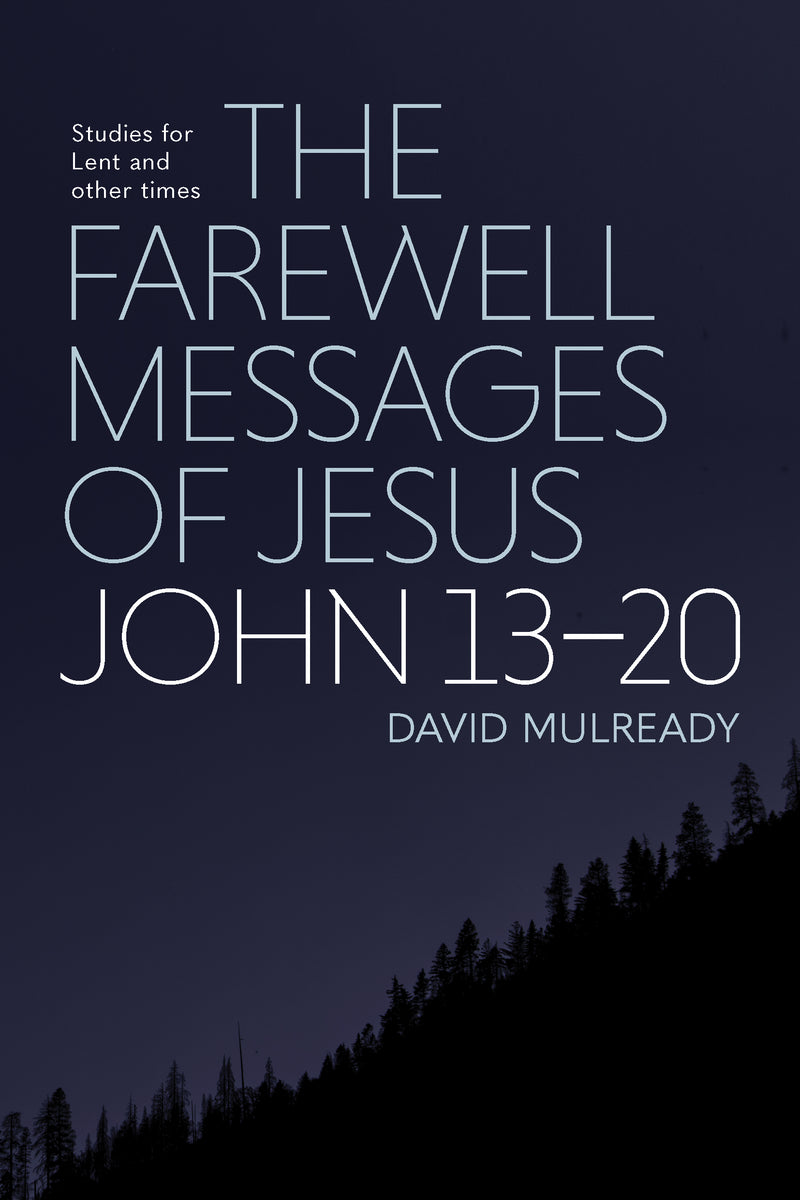
Becoming parents grows us up
Dr Jenny Brown explains how a new baby is an opportunity for personal growth.
**The following is an edited transcript of Christian counsellor, Dr Jenny Brown’s podcast, ‘Growing up through the life cycle: parenting—the early years’. It is not a formal written blog, but reflects a podcast's conversational style.**
The arrival of your first baby—a precious gift from God—is such a joyous time. Parents experience a sense of the miraculous—to hold a newborn baby in their arms for the first time—and a sense of overwhelming gratitude, particularly when so many experience the challenges of infertility.
There is a great wonderment at this phase of introducing a whole new generation into a family. It’s exciting for parents and grandparents, aunts and uncles.
But with the joy and wonderous sense of discovery, there are also many challenges and new demands on each of the parents.
Yet with new demands and responsibilities come great opportunities to ‘grow up’ more—to practise being more of a steady adult, who’s led more by principle than by having our perceived needs met on our own terms. Becoming a parent will confront us with our selfishness, it will challenge us with losing a lot of personal autonomy, of being on call 24/7 and of inconveniencing ourselves regularly. It doesn’t sound like a lot of fun, but if one can see these responsibility demands as opportunities to grow our own character, I think that this can be a really good start to the parenting phase of life.
Avoiding fear-driven parenting
One of the biggest challenges for new parents is to keep a ‘reality’ perspective and not to let fear take over. This can be especially hard for new mums who are most involved in the early care, breastfeeding and settling of the infant. It’s very easy to confront our own insecurities as a parent and to fear doing damage to our child if we don’t get it right, if we’re not the perfect mother or father.
I remember myself, well over 30 years ago, having an overwhelming sense of fear that I was damaging my baby because I couldn’t settle her crying from evening colic in her first 6 weeks of life. My inability to soothe her, and my husband’s failed attempts to ease her crying, left me with a sense that this child who couldn’t be comforted was going to have personality damage as a result of my incapacities as a mother.
I have met so many mothers over the years who carry that fear and guilt: mothers who are terrified of their baby not breathing, needing to check on the baby all through the night, having the baby beside them all the time, waking regularly to check on them and not being able to tolerate periods of crying.
And this fear-driven parenting is not helped by society, where parenting advice has just gone beserk with the rise of social media. There are so many books, blogs and podcasts—so many sites that are telling parents the ‘right’ way to do it. And with this professionalising of parenting and tribalising ('Am I in the right tribe of the correct way of parenting my baby?’) comes a real crisis in confidence for many parents.
I understand that at the moment, routines for babies are pretty well out, controlled crying is definitely out. Child-/baby-led parenting is more of the trend. But of course, you get the pendulum of the two tribes—the strict routine compared to the full attachment-based parenting. And people can get so emotionally het up about which tribe they’re in that they can lose their own self in working out what kind of parent they’re going to be, and how they can respond with perspective to their baby’s reality needs.
Certainly, as I look back on my fear about the effects of my baby’s crying, I can see, with the knowledge I have now, that crying is not harmful for a baby. If the essential needs for a baby’s survival are being met, crying is the predominant expression of emotion for a baby—it is their natural way of vocalising in the early months of life. And if their crying is always soothed, they don’t get to experience their emerging capacities, even in the first month of life, to regulate their emotions. As infants, they have the function to divert their attention, to redirect their gaze. This is the beginnings of the inbuilt skills of emotion regulation—so critical for the development of resilience for toddlers and for children.
So it’s important to understand the real developmental needs of a child, and to not be excessively protective or fear-driven.
Adjusting our marriage
The next key point for growing up at this phase of the life cycle is to be prepared for the big adjustment in a marriage. Of course, it’s quite obvious that both partners are not going to have as much time for each other. But this does tend to be most challenging for the husband, when the wife is primarily devoted to the intense care of the baby in the early months. It’s common for husbands to experience a challenging sense of a loss of attention from their wives. Husbands can consider seeing this as a great opportunity to build maturity: to be less dependent on the attention of the other for your own wellbeing. This is excellent practice for managing many challenges through the life cycle—to be less needy of the focus of attention from another. All of us could do well in reducing our need for attention from important others in our life.
However, it is important not to let the new baby be a detour from the marriage. The marriage does still need ongoing attention. It’s very easy to neglect sex and romance. And of course, that will be impacted necessarily by the impact of childbirth and an infant’s demands on sleep for mothers and fathers. But it’s just so important to continue to work on the marriage, right from the early months of an infant’s life. It’s very easy for a baby to become a detour for a marriage—where the parents bypass their own insecurities or their own tensions by making a ‘project’ out of the baby. The baby becomes the focus of all of their sharing of conversation, rather than continuing to get to know each other as husband and a wife—continuing to share what’s going on in each of our independent lives. It’s all too easy for the baby to become the focus of the parents’ lives.
I often recommend to parents that they don’t just talk about the baby. There’s lots to talk about in sharing what the baby has done today and the new milestones the baby has reached. It’s great fun to share our hopes dreams for the baby going forward. But it’s also valuable for parents to share with each other their experience of being parents to that baby, as opposed to just sharing about the baby—to say, ‘Here’s what I’m learning about myself as a mother or father’.
A final word about dependence
The last point to share is for parents to watch that they’re not inadvertently overinvesting in their carer role. Parents do need to take care that they don’t shore up their own insecurities by being very important to the dependent infant. If that happens, it lays the groundwork for the infant staying dependent too long, beyond their time of high need for their mother and father. We need to watch out that our mothering and fathering identity doesn’t become too important to secure us.
**You can hear more from Dr Jenny Brown at MU Sydney’s annual Seminar on Friday, February 25th, 2022. She will speak about ‘When dreams are broken in the family’. Other speakers include Jo Gibbs (‘The God we know’) and Rob Smith (‘Have I the right to be who I am?’). Register here.**
---
Dr Jenny Brown runs a Family Systems counselling practice, oversees the ‘Parent Project’ program, including her Confident Parent seminar series, and trains mental health professionals and organisations. She is the author of Growing Yourself Up and Confident Parenting. Jenny lives in Sydney with her husband (and cocker spaniel) and enjoys the richness of her important relationships, in particular as a wife, mother to adult children and grandmother.

The Farewell Messages of Jesus
In 'The Farewell Messages of Jesus', David Mulready explores John’s account of the last weeks of Jesus’ earthly ministry as he prepares his disciples for his departure. As well as the forty daily devotions, there are sets of questions for personal or group reflection. Also included are outlines of six talks that may be useful for churches or other groups. This study guide can be used in the weeks leading up to Easter or at any other time.
For more articles from Growing Faith, subscribe to our monthly e-newsletter.
To hear about the latest books and resources from Youthworks Media, subscribe here.








